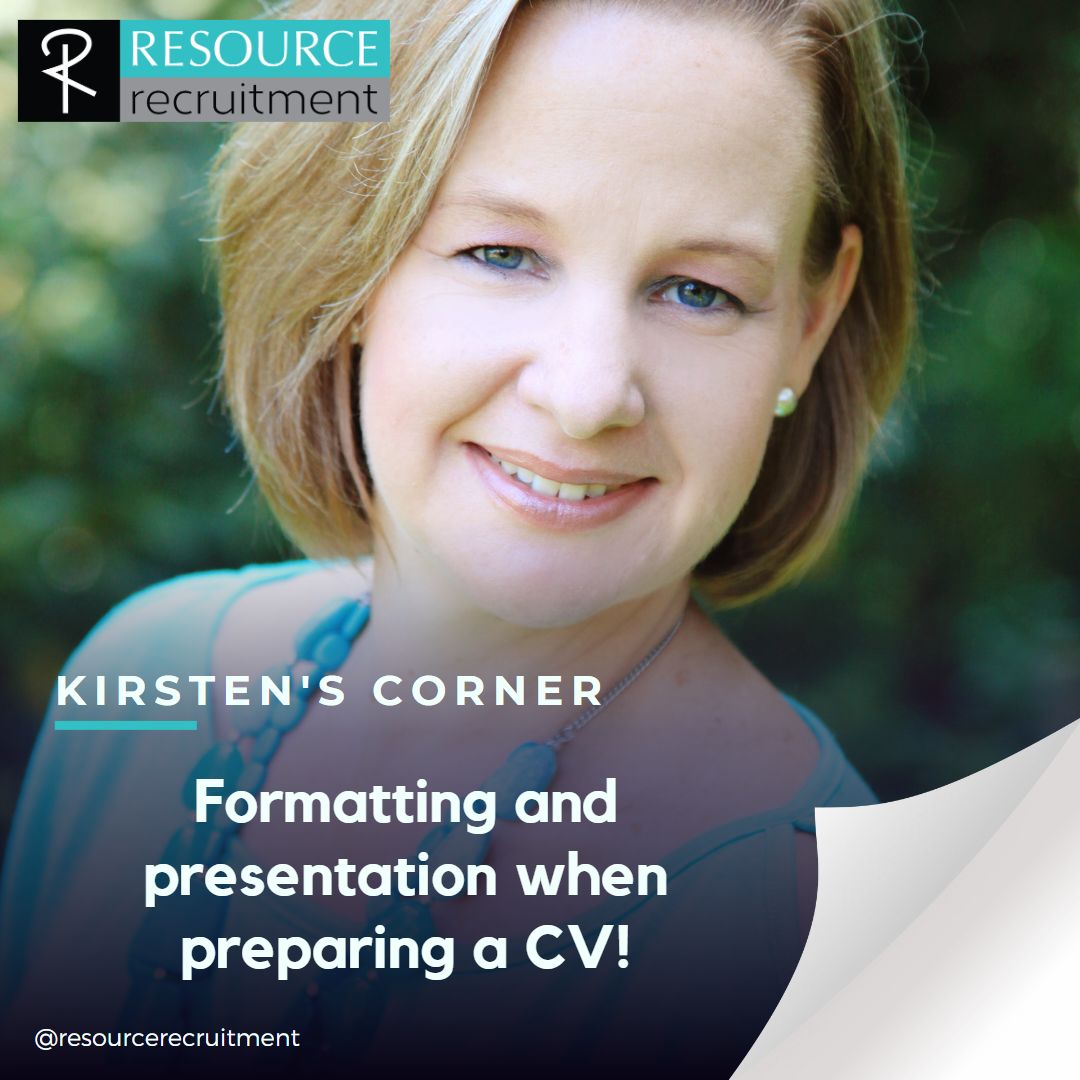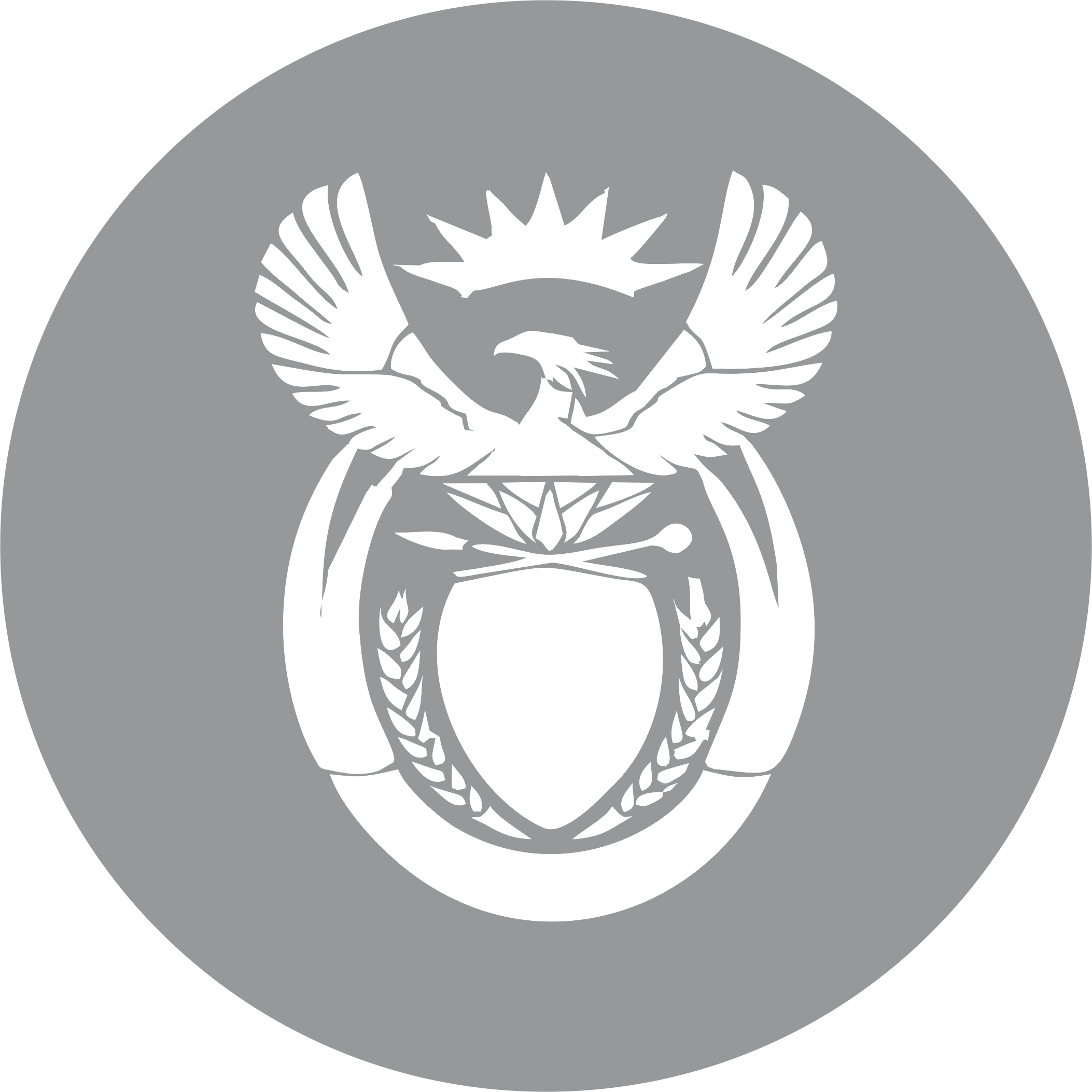
29 Mar Formatting and presentation when preparing a CV!
Your CV makes your first impression, it is the thing that determines if you get the interview and make it to the next round, or get the regret email.
When a recruiter opens your CV, you want to immediately grab their attention and provide them with the information that they are looking for, in an easy and professional manner.
Take note of these top tips for preparing a professional CV:
1. Keep the font, heading and text size uniform.
Use a standard font that is clear and easy to read. This is a professional document, and not a wedding invitation. If you are updating your CV with new information, make sure that you are using the same layout and font as before.
2. Make it easy on the eye.
There is a lot of misinformation about the 2 page CV, and cramming as much information as possible onto a two page CV. You want your CV to be as concise and to the point as possible, but you also want to include all the relevant information- and you need white spaces. You will never see a webpage a professional email with no white spaces, and there is a reason for this. The majority of people who read e-documents, skim read the documents, your CV included, and white spaces help them do this.
Where appropriate use bullet points and short sentences.
3. Make it personal.
Place a head and shoulders photo of yourself on the front of your CV. I know that this may be uncomfortable for you, but I cannot stress how powerful it is at “personifying” your CV. Remember- this is a work photo. The kind that would be on your company name tag or website. Dress and do your hair and makeup like you are going to a job interview. No sunglasses on your face or head. Sit up straight- a stool works well- with an appropriate backdrop. Look into the camera and SMILE. People like happy people.
4. Avoid clip art.
Does anyone really enjoy the old fashioned scrolls and boarders and images of clipart. Does is add to your CV, or take away from your CV?
5. Is this the best you can do.
If your CV is the most important tool you have to get you an interview, and from there the job, then it stands to reason that it is an example of the highest quality of work you would produce if you got the job! If you arrive at the interview, and your CV is outdated; dirty, torn and crumpled; and you have made no effort. I would hate to know what work you would produce when the stakes weren’t quite so high?



